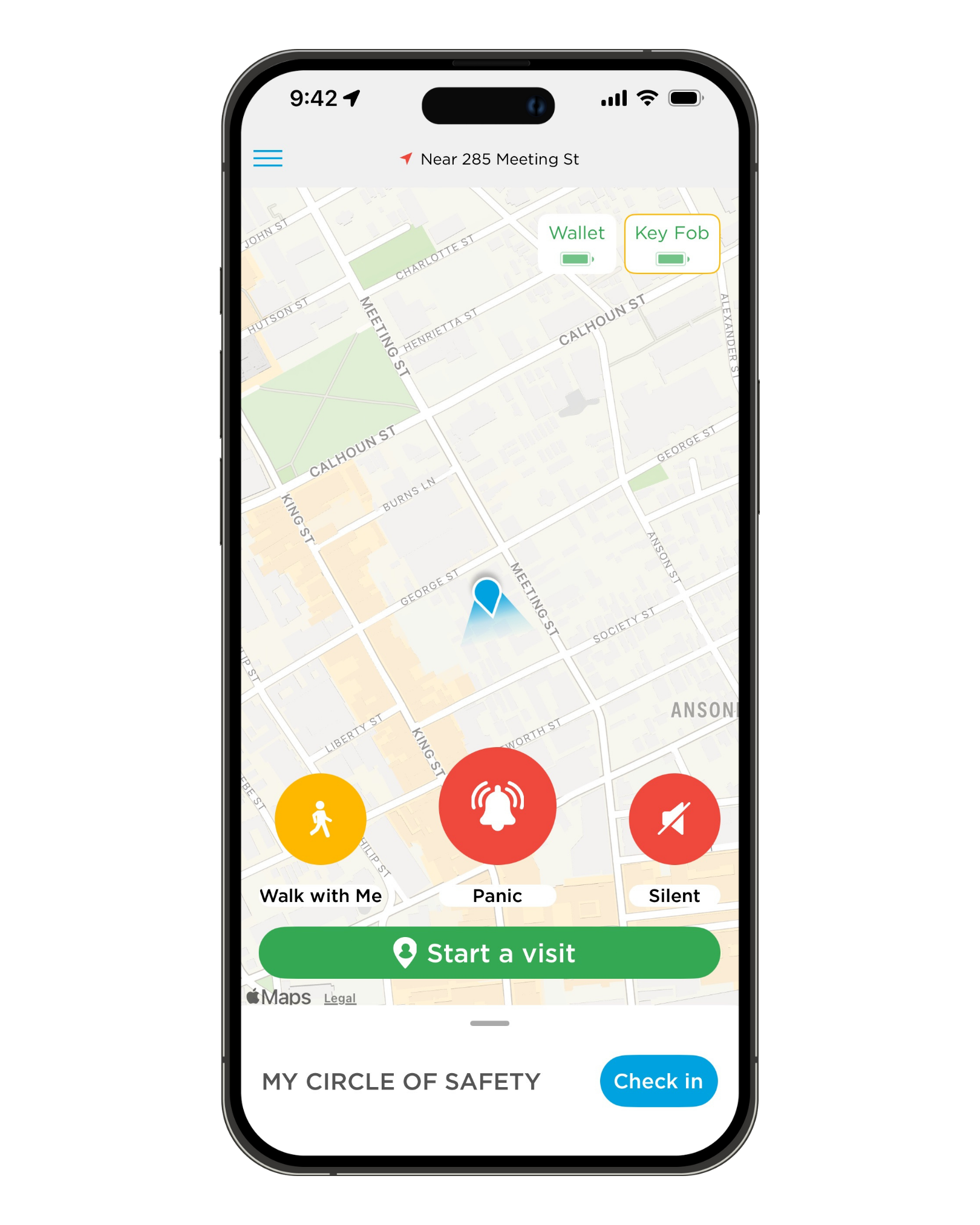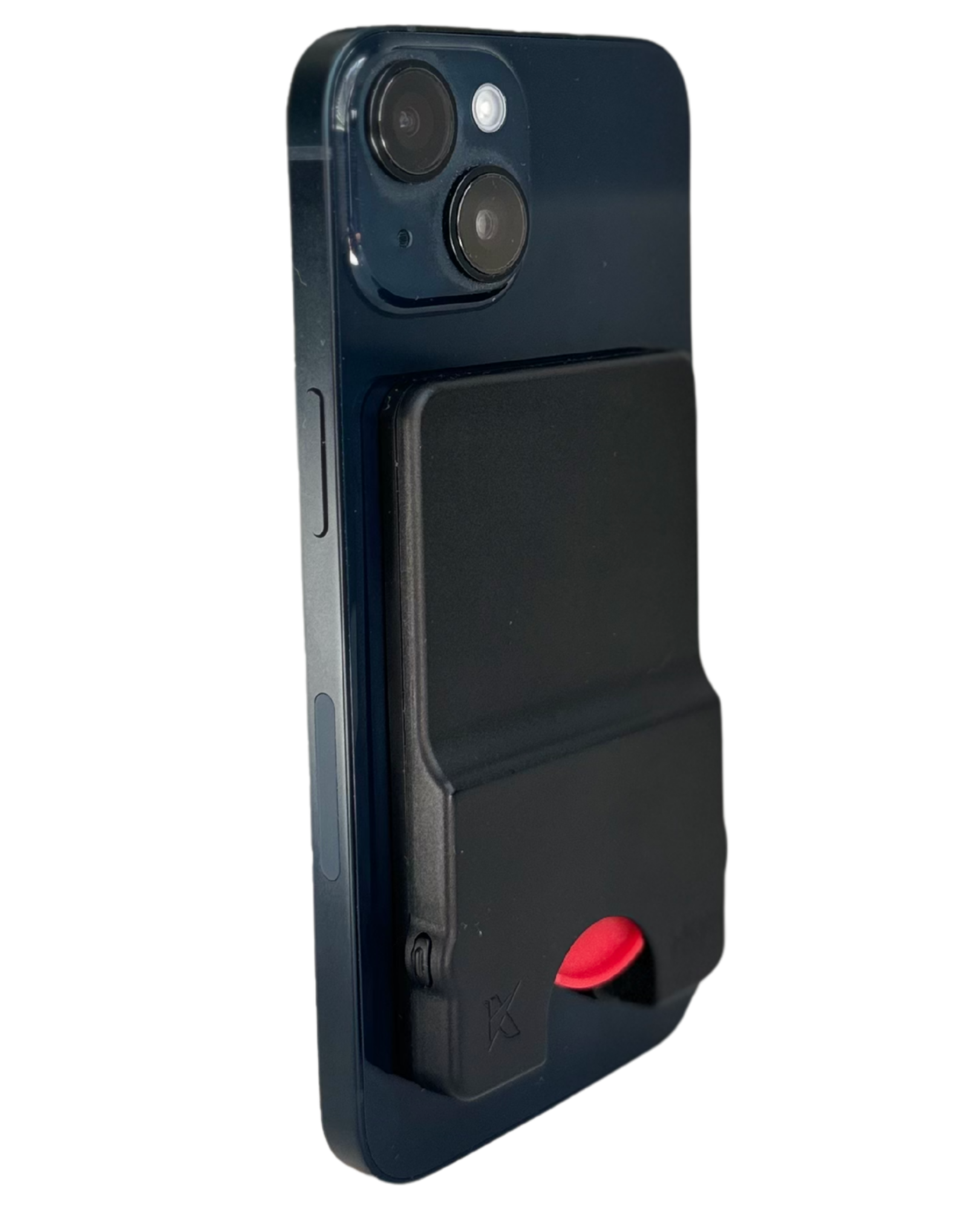Lone Worker Safety Simplified
The KATANA Safety platform goes where your employees go, enabling everyone to work faster, smarter, and safer.
During an emergency, communication saves lives.
Protect Your Lone Workforce
Empower your employees with KATANA Safety—an enterprise-ready solution that provides 24/7 emergency response, pinpoint GPS location, and a patented quick-trigger safety device.
The KATANA Safety Solution
Supported by three pillars of safety, the KATANA platform combines patented hardware with innovative technology, all connected to a state-of-the-art 24/7 response center.
KATANA understands that the best protection comes in layers.
24/7 Response Center
How It Works
When an alarm is triggered via a patented KATANA quick-access device or our smartphone application, our response center is notified, prompting them to make contact immediately.
If no one answers, or if the user confirms they are in danger, the response center notifies law enforcement and the user’s circle of close contacts.
The entire process takes roughly 60-90 seconds.
What Makes Us Different
Where We Work
KATANA Safety offers solutions for any industry where workers can find themselves in vulnerable situations.
Don’t see your industry? Drop us a note and let us know.
We’re always looking for new areas where we can be of service.
Trusted By





Government Vendor Credentials
8735483301
36F79720D0145
C.A.G.E
9F1E1

Request a Demo
Schedule a quick demonstration of the KATANA platform to see how your organization can leverage its capabilities.
Where you’ll find us.
AHHC of NC Leadership Conference
10.05.25 - 10.07.25
Wrightsville Beach, NC
2025 National Alliance for Care at Home Annual Meeting & Exposition
11.02.25 - 11.04.25
New Orleans, LA
Contact Us
Want to partner with KATANA Safety or simply learn more about our solution? Leave us a message and we’ll get right back to you.











